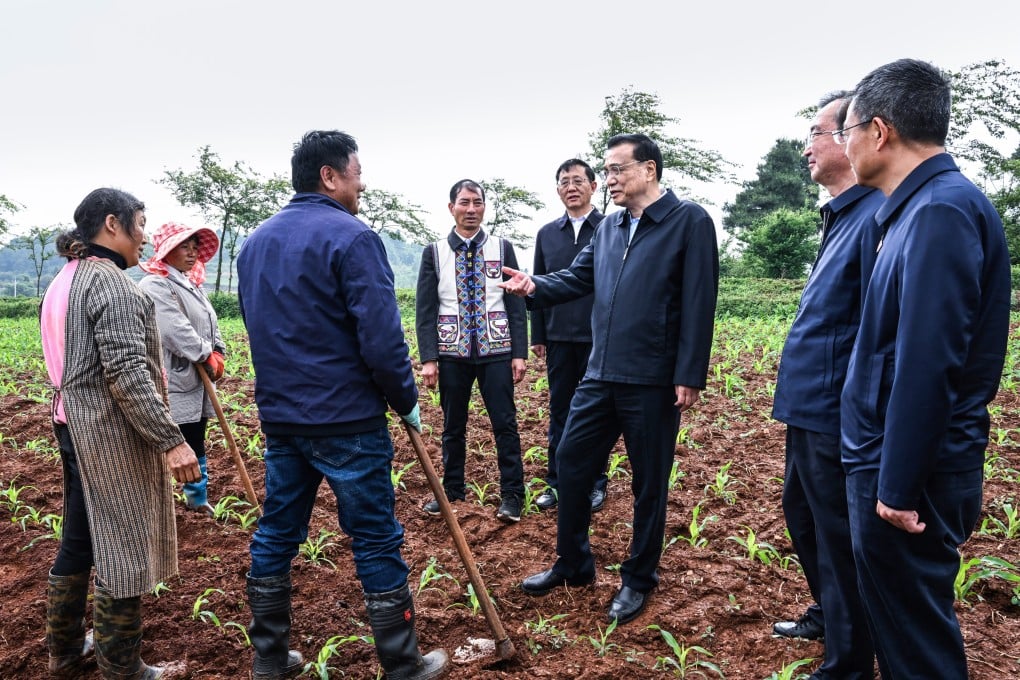China pledges US$1.5b in grain farmer subsidies to offset soaring production costs
- One-off subsidy aims to support summer harvest and autumn sowing, CCTV reports, citing China’s cabinet
- Spring planting disruptions caused by Covid-19 curbs and war in Ukraine weigh on Chinese wheat output forecasts

The one-off subsidies aim to support summer harvest and autumn sowing, state broadcaster CCTV reported on Sunday, citing a decision by the national cabinet – the State Council.
The latest subsidies will be allocated to grain producers, including individual farmers, family farms, farmers’ co-operatives, agricultural enterprises and related entities, all bearing the brunt of the rising costs of agricultural materials, according to CCTV.
The announcement follows Premier Li Keqiang’s visit last week to southwestern Yunnan province, where he emphasised food security and pledged more subsidies to help farmers cope with the rising cost of production, according to state media reports.
Domestic prices of fertiliser have also soared, especially for the widely used potash fertiliser, over 60 per cent of which has to be imported, Fitch Ratings noted earlier this month. Tighter supply and higher input costs were likely to further push up domestic prices of wheat, corn and rice in 2022, the US ratings agency said.